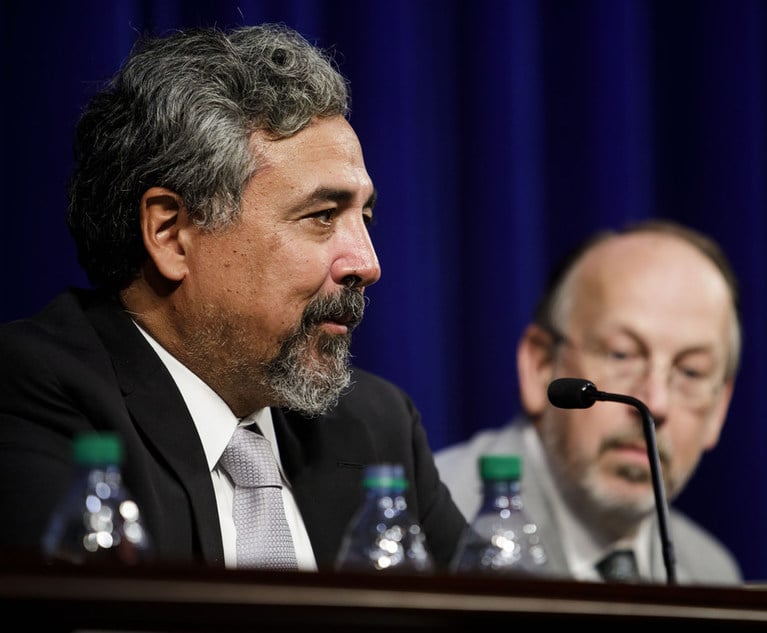Limitations on involuntary government detention lie at the core of our constitutional scheme, with the U.S. Supreme Court long having recognized that the Due Process Clauses of the Fifth and Fourteenth Amendments impose fundamental substantive and procedural protections against unjustified detention. Yet nearly 250 years after the adoption of the Bill of Rights, in a country peopled by immigrants, these most basic of constitutional protections remain unresolved for one group: noncitizens detained on suspicion of civil offenses involving U.S. immigration law.
Even those well-versed in constitutional law may be surprised to learn that it is an open question whether such noncitizens can be jailed for years without any hearing while their immigration cases move through the clogged immigration courts. And other issues remain similarly unresolved: For those noncitizens granted a hearing, does the government or the noncitizen bear the burden of proving or disproving a justification for detention during the pendency of the immigration proceedings? When an immigration judge concludes that a noncitizen can be released on bail, does the judge have to consider whether the noncitizen’s ability to pay in setting the amount of bail to avoid detention merely because of indigency? And finally, given that many noncitizens may not be able to afford bail, must an immigration judge consider alternatives to bail (such as regular check-ins) when considering conditions of release?


 Christopher Dunn
Christopher Dunn




